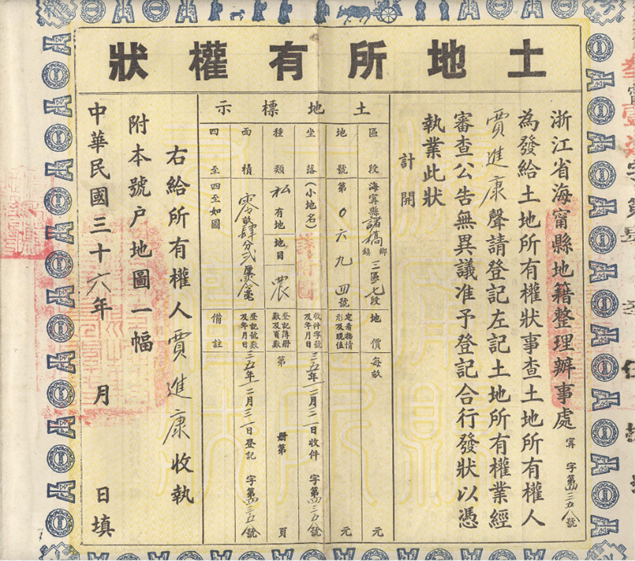Zhang Letian Fieldwork Database
Rare primary source material from Mao-era China
From 1954 to 1982, Chinese society was buffeted by upheaval from the “Great Leap Forward” and the “Cultural Revolution.” China was in tumult and the PRC was all but closed. Zhang Letian, a Fudan University professor and well-known expert in the field of development and transformation of rural China, diligently collected rare materials from this era while conducting fieldwork in his ancestral village of Lianmin (Haining, Zhejiang Province). The meticulous research he compiled has been digitized and made available online through East View as the Zhang Letian Fieldwork Database (张乐天联民村数据库) by China’s Social Sciences Academic Press (SSAP, 社会科学文献出版社). The database offers a remarkable glimpse of social development and the changing fabric of everyday life in a typical Chinese village during an era of great change.
No other resource offers such significant historical depth for research on a period when many primary source materials were suppressed or difficult to obtain. The content is rich in detail, with in-depth case studies and comparisons useful for research in sociology, ethnology, anthropology, and related disciplines.
